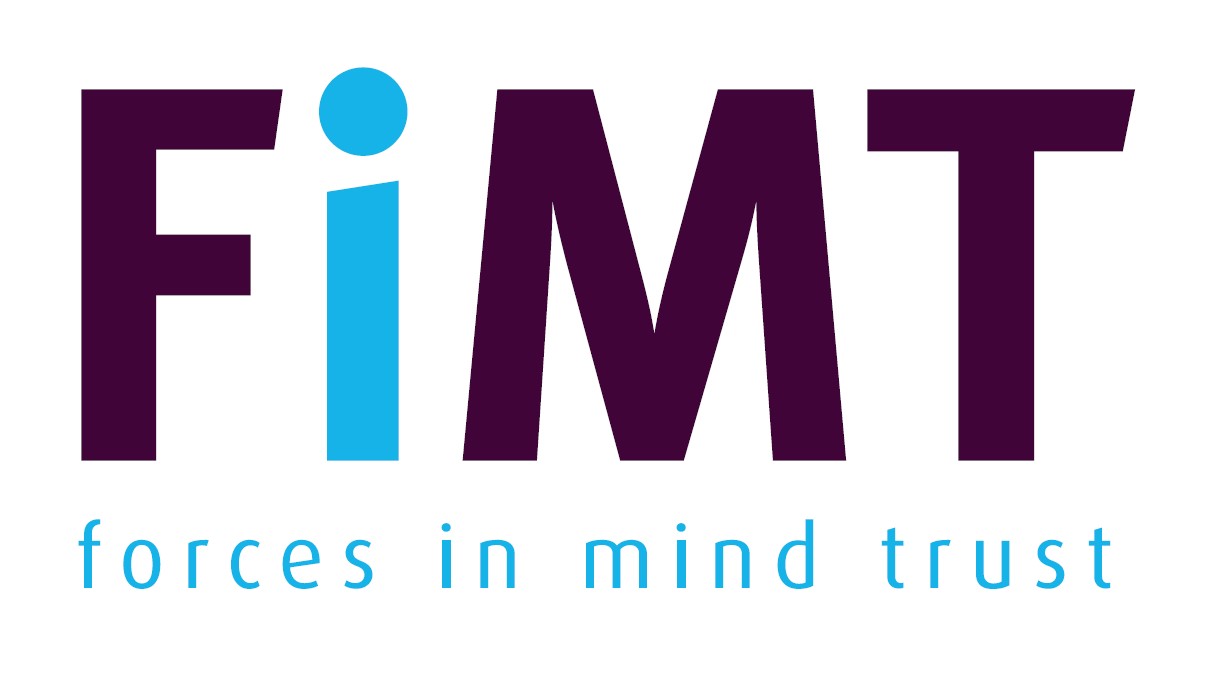Forces in Mind Trust (FiMT) has appointed Future Agenda to conduct a research project on future trends and their impact on the Armed Forces Community.
The project entitled Future Trends – their impact on the Armed Forces Community in 2031 and beyond, with a focus on transition was commissioned by FiMT in early 2020. The study will examine future socio-economic and social-political trends and the likely impact of those trends on Service personnel and their families as they transition out of the military over the next ten years and beyond. The study will also examine the impact of relevant future trends, and the likely changing needs of the Armed Forces community, on the support provided by statutory and voluntary organizations.
The research will generate new insights and evidence for engaging with policy makers, and will enable Armed Forces charities and other organizations to plan strategically, with the aim of ensuring that those they support have the best possible chance of making a successful and sustainable transition to civilian life.
The mixed-method research will consist of interviews and workshops with stakeholders, qualitative ethnographic research with ex-Service personnel and their families and quantitative trend analysis. The research will commence in June 2020 and is expected to last up to twelve months.
Ray Lock, Chief Executive at Forces in Mind Trust, says:
“This is arguably the most important project we have undertaken for some time. The output will not only inform FiMT’s own work and future priorities, but will also guide the many other organizations that work in and with the sector. The project will provide a set of resources to help organizations better prepare and support the Armed Forces community over the next ten years and beyond. We will be collaborating fully with a wide range of stakeholders to deliver the most useful and impactful work possible. This will be one of our defining projects.”
Patrick Harris, Director – Foresight, Future Agenda, says:
“We are passionate about supporting positive change and use open foresight to help organisations plan more effectively for the future. With this in mind we are thrilled to be working with FiMT on this important and meaningful project.”

















